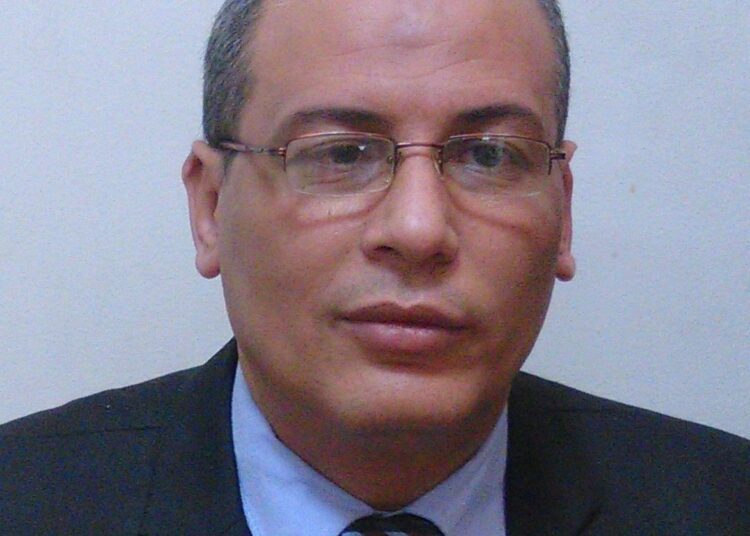Some Muslims prefer certain foods and drinks during the holy month of Ramadan, whether during iftar (Ramadan breaking fast) or sohour (last meal before starting fast). For example, they depend on fizzy drinks, wrongly believing that would be as an aperitif or to help them to digest properly.
In fact, they increase digestive problems and make fasting difficult and exhausting by day. Dr Ahmed Saeid, chairman of Nutritional Industries Section, National Research Centre says fizzy drinks are full of sugar. One bottle of fizzy drink contains 10 spoonfuls of sugar, which raises the proportion of insulin in the body, causing heartburn. In addition, soft drinks contain phosphoric acid, which decreases the body’s capacity to absorb calcium in food, which leads to increased risk of osteoporosis. Furthermore, fizzy drinks lead to increase in weight because of high sugar content as well as raising the risk of infection with liver diseases such as cirrhosis.
Dr Saeid said soft drinks increase acidity in the blood, which weakens the immune system, exposing the body to different illnesses. Fizzy drinks are the underlying cause of hypertension, high blood sugar and high cholesterol levels as well as overweight – all of which lead to cardiac diseases.
Therefore, it is preferable to replace fizzy drinks with natural juices, he said. Dr Saeid warned against pickles and salty food during month of Ramadan because they are full of sodium, which causes water retention in the body.
Salty food increases feeling of thirst so it should be avoided, particularly for sohour. Athletes should not eat pickles because they contain large quantities of salt, which reduces sports performance, the doctor said. Spices should also be avoided because they increase stomach acidity and create digestion problems.
Ramadan customs and traditions include desserts after iftar, which is a main cause of obesity. Those who enjoy desserts should do daily physical exercise to stimulate the fat burning process and reduce weight, he added.
On feeling the need for a dessert, it would be better have fruit full of natural sugar, which make one feel better and provide plenty of water that the body needs during fasting and there is no consequent weight gain. He also recommends less carbohydrates such as rice and pasta because they leading to obesity.
Avoid fatty foods such as fries because they raise cholesterol levels. Have vegetables, instead, the doctor advised. Try to avoid tea and coffee immediately after iftar because it prevents iron absorption in the body, leading to anaemia.






Discussion about this post